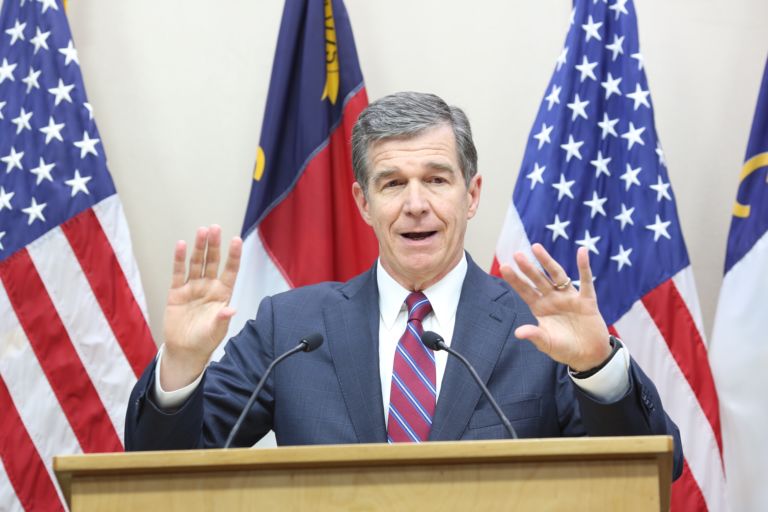It’s a rite of every legislative session: the introduction of an ever-increasing number of bills calling for school calendar flexibility. The goal? Get out from under North Carolina’s rigid school calendar law.
The bills speak to the failure of the legislation and to the growing tension between local educators and the tourism industry.
How did we get here?
In 2004, North Carolina approved a school calendar bill which was supposed to resolve these problems. Among other things, the legislation “set the opening date for students shall be no earlier than the Monday closest to August 26th and the closing date for students shall be no later than the Friday closest to June 11.”
The impetus behind the legislation was the North Carolina tourism industry which was concerned that schools that ended classes late in June and began classes in early or mid-August would leave the tourism industry with an insufficient supply of young workers.
As is often the case, the law did not settle the issue. Far from it. Ever since it was passed, schools have been working largely unsuccessfully to get around requirements. The frustration continues to boil over. .
Fast forward to this year. Earlier this year school boards in Gaston, Cleveland and Rutherford counties voted to open their schools on August 17th, regardless of state law.
On Monday, Charlotte’s WFAE reported that Interim Superintendent, Hugh Hattabaugh of Charlotte Mecklenburg Public Schools, says next year the school board plans to follow Gaston County’s lead and open schools earlier on August 17th.
Come again?
Did we just hear school districts advocate policies in open defiance of current law?
My colleague Terry Stoops and I strongly support giving school districts the flexibility to meet the needs of their differing communities. We also support the rule of law.
Developing school calendars in open defiance of state law or telegraphing your intentions to do so undermines our laws and sends the wrong message.
What can we do? In an interview earlier this year, North Carolina State Senate President Pro Tempore, Phil Berger told WFAE his position on the subject had not changed.
One clear deficiency with the current school calendar law is that it lacks enforcement provisions. With the legislature not likely to take up the issue until reconvening in January 2023 something needs to be done.
The North Carolina General Statutes. already give insight on how to address these concerns.
Chapter 115C-84.2 of the North Carolina State Statutes describes state law regarding the school calendar. The statutes provide specific procedures for the State Board of Education to report to the Legislative Education Oversight Committee “on the start and end dates for instructional calendars for the next academic year. . . . The report shall identify all schools that start earlier than the Monday closest to August 26th and the statutory exception for the earlier start date.”
The statutes also provide that the State Board of Education may, on the showing of good cause, “waive the requirement that the opening date for students shall be no later than the Monday closest to August 26th and may allow the local board of education to set an opening date no earlier than the Monday closest to August 19th.
Yes, school districts have many different needs. They need additional flexibility to meet the needs of the communities they serve. But school districts in Gaston, Cleveland, Rutherford and Charlotte-Mecklenburg . also need to respect the rule of law. If the State Board of Education does its job, it will do much to ensure that happens.


